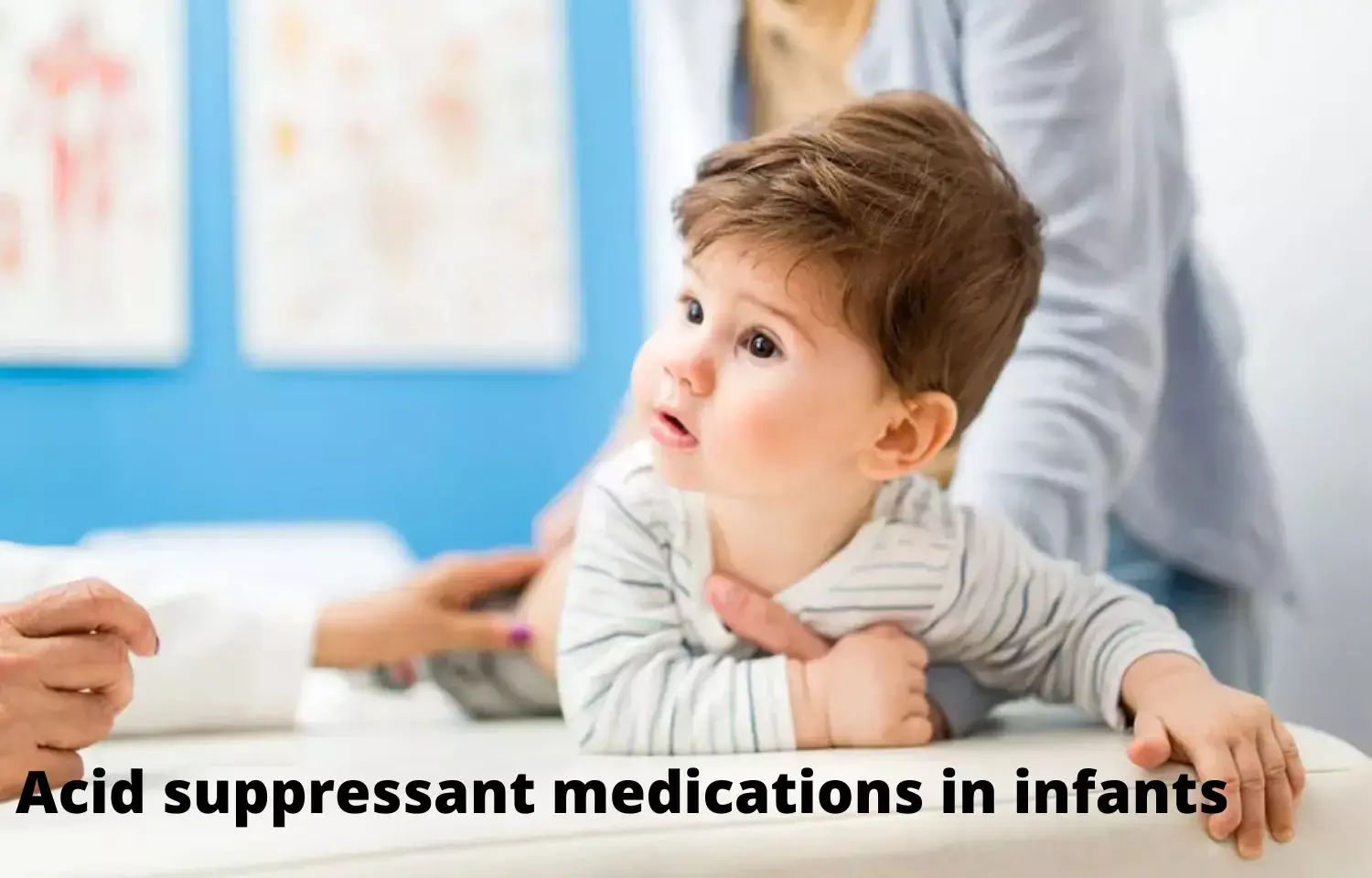- Home
- Medical news & Guidelines
- Anesthesiology
- Cardiology and CTVS
- Critical Care
- Dentistry
- Dermatology
- Diabetes and Endocrinology
- ENT
- Gastroenterology
- Medicine
- Nephrology
- Neurology
- Obstretics-Gynaecology
- Oncology
- Ophthalmology
- Orthopaedics
- Pediatrics-Neonatology
- Psychiatry
- Pulmonology
- Radiology
- Surgery
- Urology
- Laboratory Medicine
- Diet
- Nursing
- Paramedical
- Physiotherapy
- Health news
- Fact Check
- Bone Health Fact Check
- Brain Health Fact Check
- Cancer Related Fact Check
- Child Care Fact Check
- Dental and oral health fact check
- Diabetes and metabolic health fact check
- Diet and Nutrition Fact Check
- Eye and ENT Care Fact Check
- Fitness fact check
- Gut health fact check
- Heart health fact check
- Kidney health fact check
- Medical education fact check
- Men's health fact check
- Respiratory fact check
- Skin and hair care fact check
- Vaccine and Immunization fact check
- Women's health fact check
- AYUSH
- State News
- Andaman and Nicobar Islands
- Andhra Pradesh
- Arunachal Pradesh
- Assam
- Bihar
- Chandigarh
- Chattisgarh
- Dadra and Nagar Haveli
- Daman and Diu
- Delhi
- Goa
- Gujarat
- Haryana
- Himachal Pradesh
- Jammu & Kashmir
- Jharkhand
- Karnataka
- Kerala
- Ladakh
- Lakshadweep
- Madhya Pradesh
- Maharashtra
- Manipur
- Meghalaya
- Mizoram
- Nagaland
- Odisha
- Puducherry
- Punjab
- Rajasthan
- Sikkim
- Tamil Nadu
- Telangana
- Tripura
- Uttar Pradesh
- Uttrakhand
- West Bengal
- Medical Education
- Industry
Acid-suppressants use during infancy increases childhood risk of recurrent wheeze and asthma

Massachusetts: A cohort study of children with a history of severe bronchiolitis found that the use of acid-suppressant medications during infancy increases the risk of recurrent wheeze and asthma during early childhood but is not associated with the risk of allergen sensitization in them. The article is published in The Journal of Allergy and Clinical Immunology: In Practice.
Bronchiolitis is a common respiratory infection among infants usually caused by the respiratory syncytial virus (RSV). Bronchiolitis is a risk factor in infants for developing conditions such as recurrent wheezing and childhood asthma in early childhood. Acid-suppressant medications like proton pump inhibitors (PPIs) and histamine-2 receptor antagonists (H2RAs), commonly prescribed in infancy may further increase the risk of allergic disease.
Studies have shown that Infants who are hospitalized for severe bronchiolitis and receive acid-suppressant medications may be at risk of developing the allergic disease by age 3 years. Little is known about the relationship between ASM exposure and the risk of childhood asthma and atopic conditions.
Robinson LB, Harvard Medical School, Boston, MA and his colleagues conducted a study to examine the association between infant acid-suppressant medications exposure and risk for developing recurrent wheeze, allergen sensitization, and asthma in early childhood.
Researchers used data from a diverse, multi-center, prospective cohort study of 921 infants with a history of bronchiolitis, of which, 202 (22%) were exposed to acid-suppressant medications during infancy. Acid-suppressant medications exposure (histamine-2 receptor antagonists and/or proton pump inhibitors) during infancy (age <12 months) was ascertained by parent report and medical record review. The outcomes were recurrent wheeze by age 3 years, early childhood allergen sensitization (serum specific IgE), and asthma by age 6 years. Researchers constructed multivariable Cox proportional hazards models and multivariable logistic regression models adjusting for multiple confounders.
Key findings of the study,
• Compared to unexposed children, those exposed to acid-suppressant medications were more likely to develop recurrent wheezing by age 3 years (adjusted hazard ratio 1.58) and asthma by age 6 years (adjusted odds ratio 1.66,).
• Acid-suppressant medication exposure during infancy was not significantly associated with the development of early childhood allergen sensitization (adjusted odds ratio 1.00).
The authors conclude that exposure to acid-suppressant medications during infancy does not increase the risk of allergen sensitization in early childhood but it increases the risk of recurrent wheezing and asthma in them. Clinicians should carefully consider the risks and benefits of acid-suppressant medications before considering their use in infants.
Reference:
Robinson LB, Arroyo AC, Qi YS, Geller RJ, Bauer CS, Hasegawa K, Sullivan AF, Camargo CA Jr. Infant exposure to acid suppressant medications increases risk of recurrent wheeze and asthma in childhood. J Allergy Clin Immunol Pract. 2022 Jul 21:S2213-2198(22)00713-9. doi: 10.1016/j.jaip.2022.07.013. Epub ahead of print. PMID: 35872214.
BDS
Dr. Hiral patel (BDS) has completed BDS from Gujarat University, Baroda. She has worked in private dental steup for 8years and is currently a consulting general dentist in mumbai. She has recently completed her advanced PG diploma in clinical research and pharmacovigilance. She is passionate about writing and loves to read, analyses and write informative medical content for readers. She can be contacted at editorial@medicaldialogues.in.
Dr Kamal Kant Kohli-MBBS, DTCD- a chest specialist with more than 30 years of practice and a flair for writing clinical articles, Dr Kamal Kant Kohli joined Medical Dialogues as a Chief Editor of Medical News. Besides writing articles, as an editor, he proofreads and verifies all the medical content published on Medical Dialogues including those coming from journals, studies,medical conferences,guidelines etc. Email: drkohli@medicaldialogues.in. Contact no. 011-43720751


